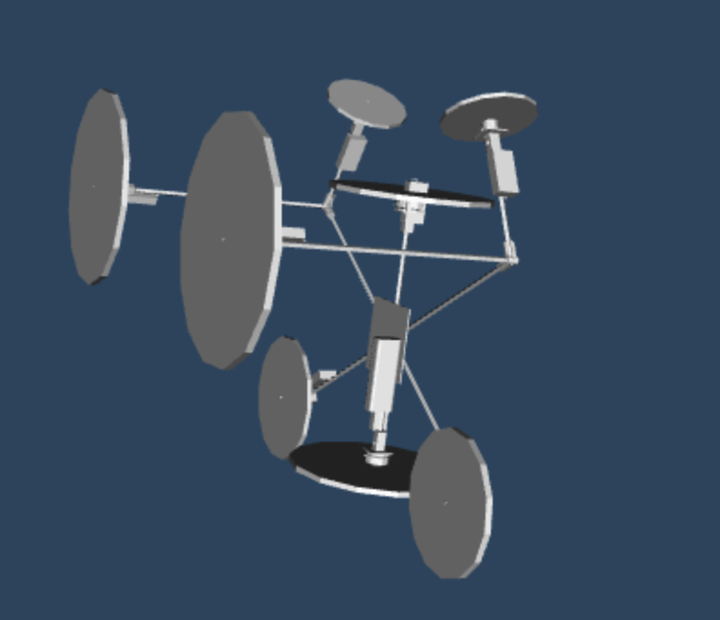 NSF Self-Improving CPS
NSF Self-Improving CPS
Abstract: Traditional cyber-physical systems operate in heavily constrained and controlled environments with limited exposure to unexpected changes and uncertainties. Examples include robots operating on manufacturing assembling-lines and cyber-physical control systems of chemical plants. The model-based design paradigm, where design, implementation and verification are all guided by mathematical models of the system, has proven to be very successful in building such non-adaptive cyberphysical systems and proving their safety. The recent success of data-driven approaches based on the collection of a large amount of data followed by learning and inference has enabled modern cyberphysical systems to be more adaptive. Examples include self-driving cars and warehouse robots. Learning algorithms embedded in these systems allow them to learn as they execute and modify their behavior as needed. Such systems are capable of a wide range of non-preprogrammed behaviors. But this creates a new challenge. Model-based design paradigm is no longer sufficient. Formal guarantees on safety, robustness or improvement in performance are difficult to establish since the system evolution is no longer static; instead, it is data-driven and guided by the system’s dynamic experience. The goal of this project is to build and evaluate a formal framework that combines data-driven and model-based development of adaptive cyber-physical systems. This project develops a new approach for designing safe, data-driven, and model-based adaptive cyber-physical systems (CPS).
Susmit Jha
Technical Director, NuSCI
My research interests include artificial intelligence, formal methods, machine learning and dynamical systems.